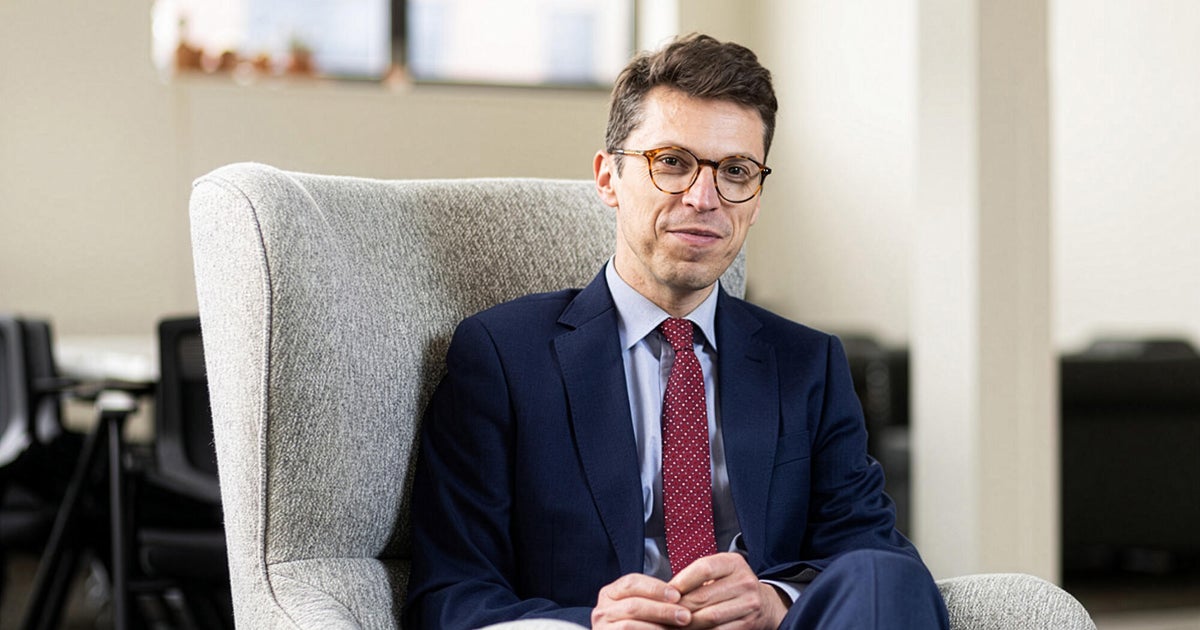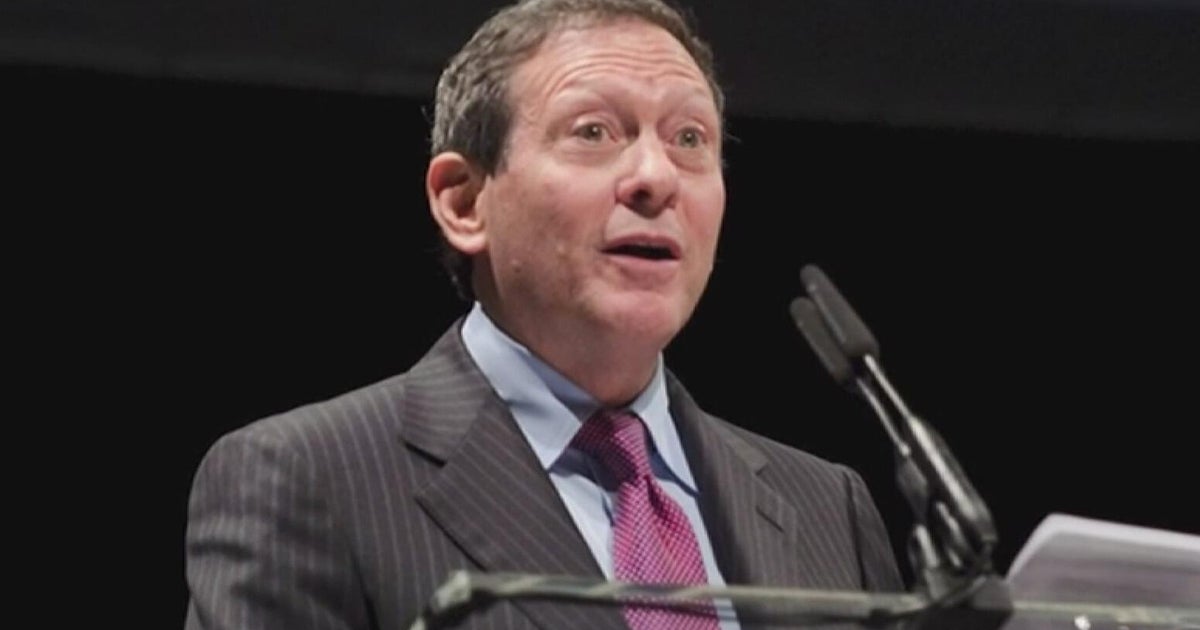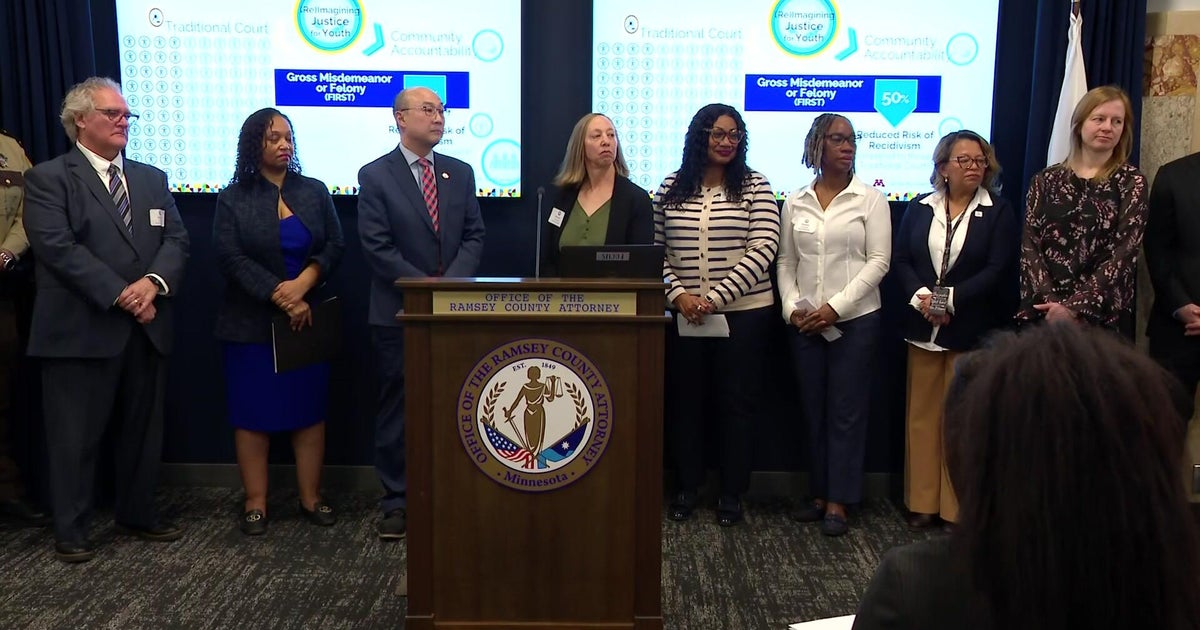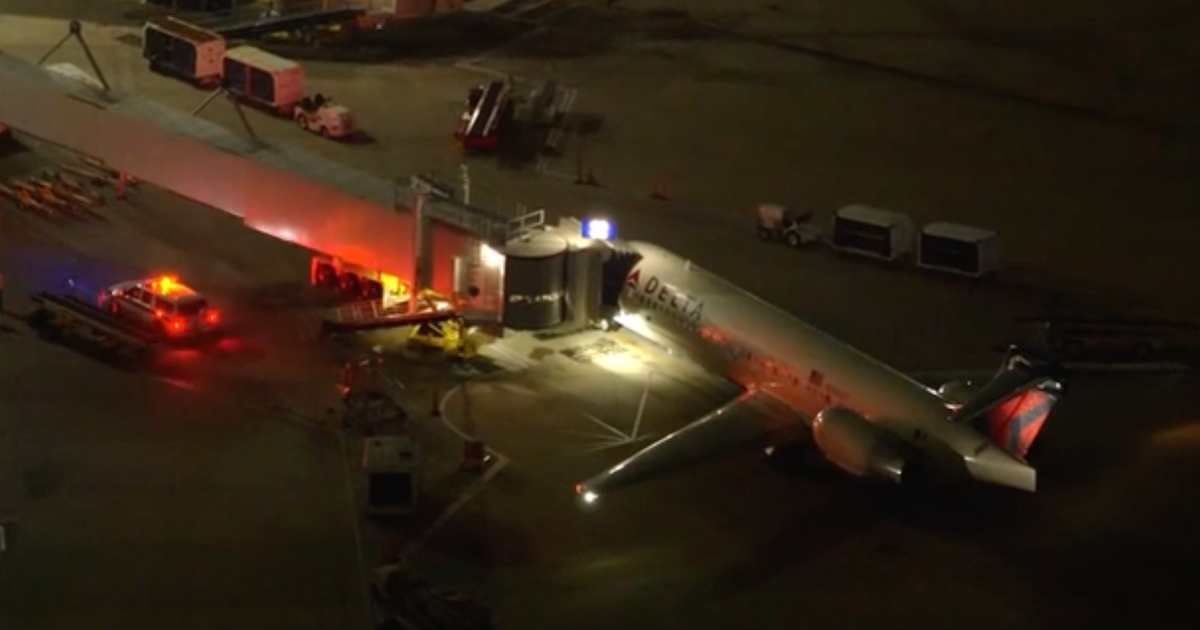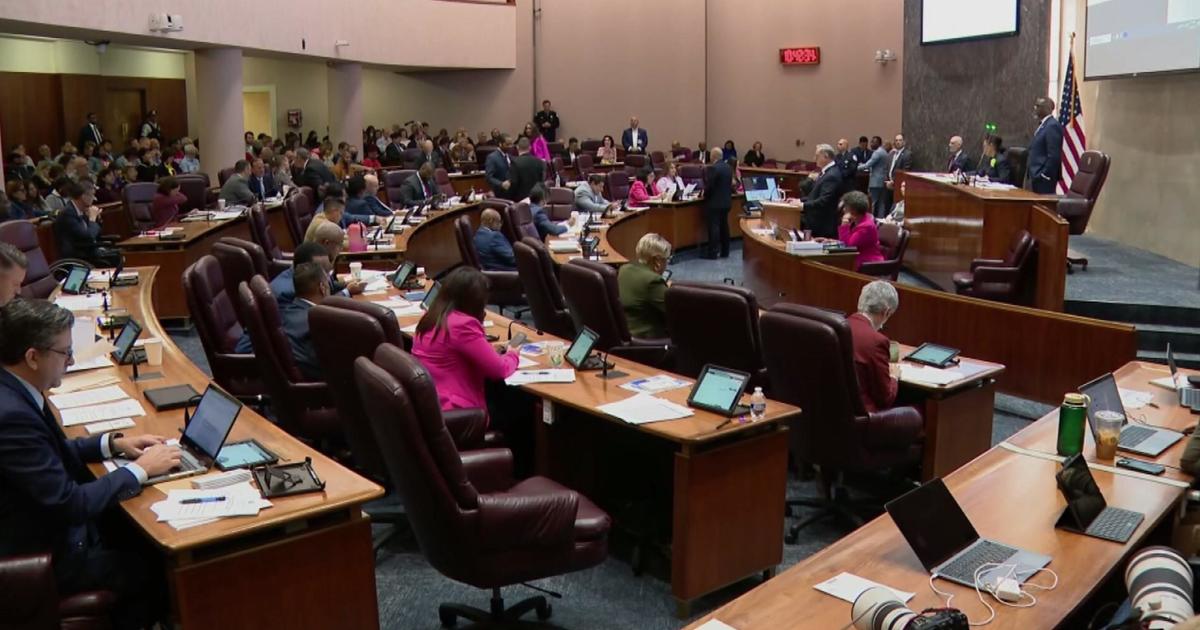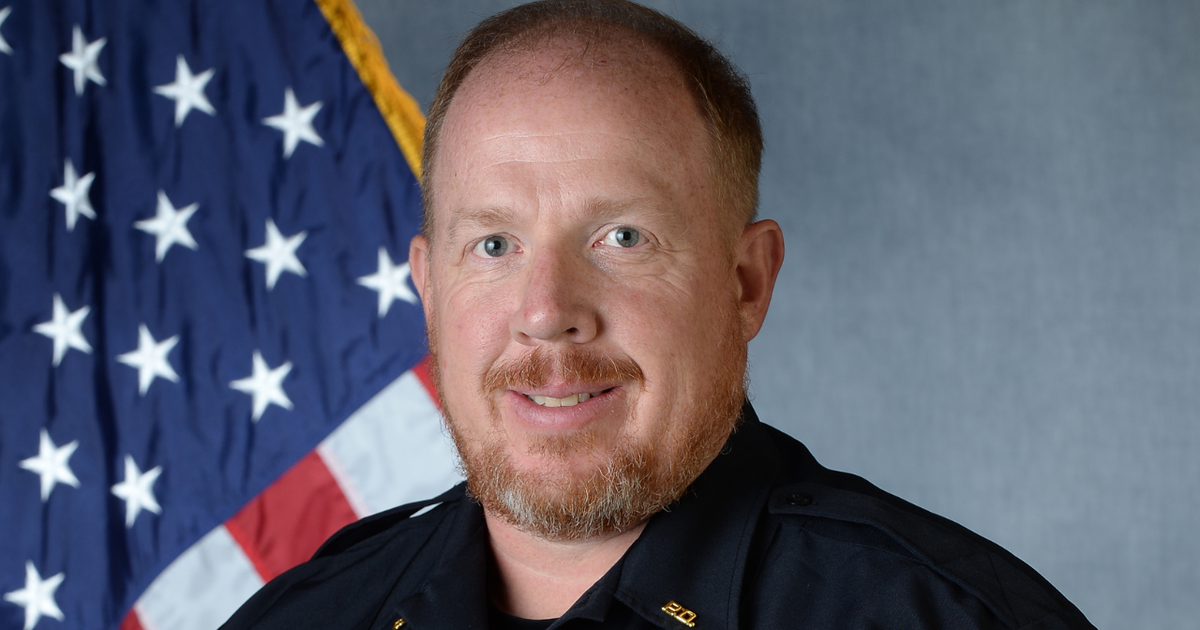St. Thomas University Professor Working To Get Afghani Allies Out Of Taliban-Controlled Kabul And Into America
MIAMI (CBSMiami) – Afghani allies who helped the U.S. military are stuck in Taliban-controlled Kabul.
CBS4's Bobeth Yates learned of one Afghani who applied for a special visa, but his application was denied because of a technicality. That's when a group at St. Thomas University stepped in to help the interpreter and his family escape Kabul.
"We are just heading to the airport. I hope to make it and survive," said 34-year-old Abdul Rashid Shirzad, documenting his journey.
Shirzad, a former Afghan interpreter, knew his family's chance for escape the country was slim.
"That's Ali Akbar, that's my wife, this is me, this is Ali Abbas, and that's Ali Omid right there," he said. "That's a Taliban vehicle right there with the white flag."
Once at the airport, it was chaotic with thousands desperate for a way out.
Shirzad didn't make it on a flight that day. But he was eventually successful in making it to the U.S.
St. Thomas University professor and immigration attorney Michael Vastine says many are not so lucky, which is why he's working to help some of the other U.S. allies left behind.
"This group of people, because of their association with the U.S., really have become refugees," he said.
Vastine said there are thousands who worked with the U.S. military and for their assistance should have been granted U.S. visas, but instead were left behind in Afghanistan. One of his clients, whose identity is being hidden out of fear of retaliation, is among them.
"His role was interpreting for U.S. military out in the field. He had other members, family, who were working at NATO headquarters," Vastine said. "And from doing this for years, his whole community knew who he was and the sort of work he was doing and of course this was advancing the U.S. interest in being successful."
But now that the Taliban and not the U.S. is control, Vastine said his client and their family's lives are in danger. And with the visas they were promised taking longer than expected, they missed the evacuation flights.
"Processing is supposed to be nine months or less. But these cases are not being resolved in nine months or less. They're taken years," said Vastine. "And if we're going to offer a process, we need to have the resources to deliver on that promise."
